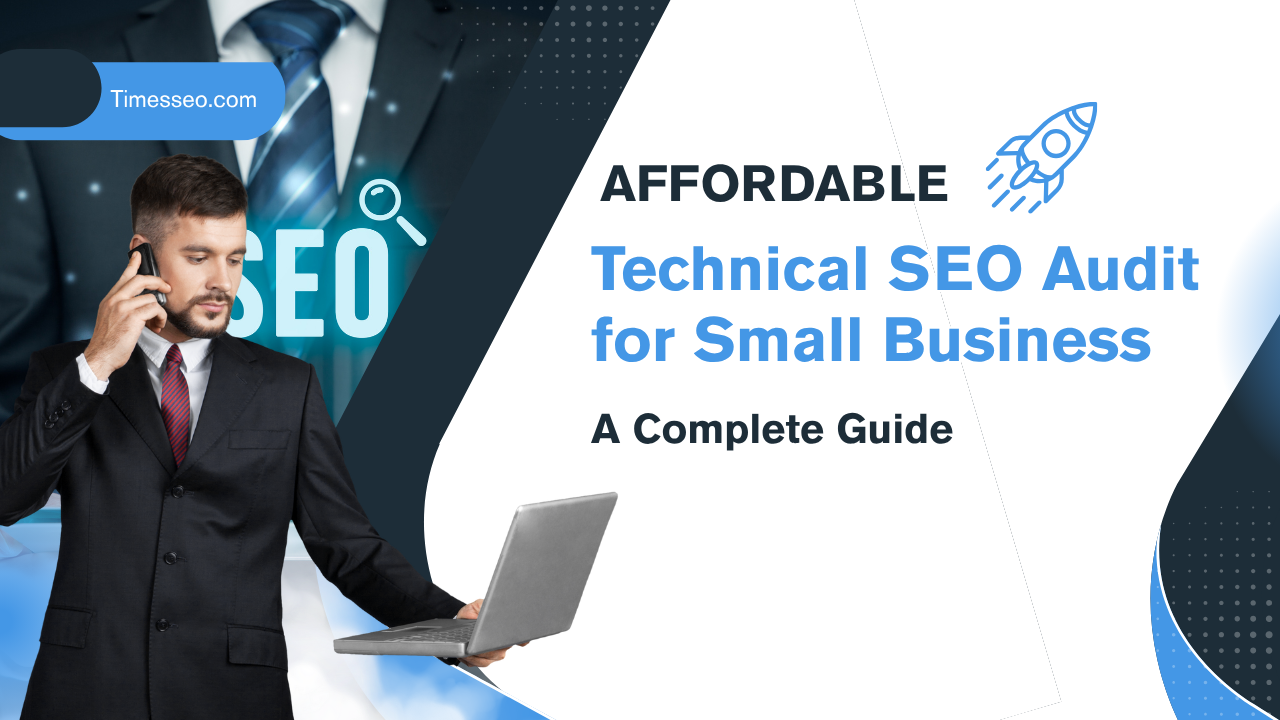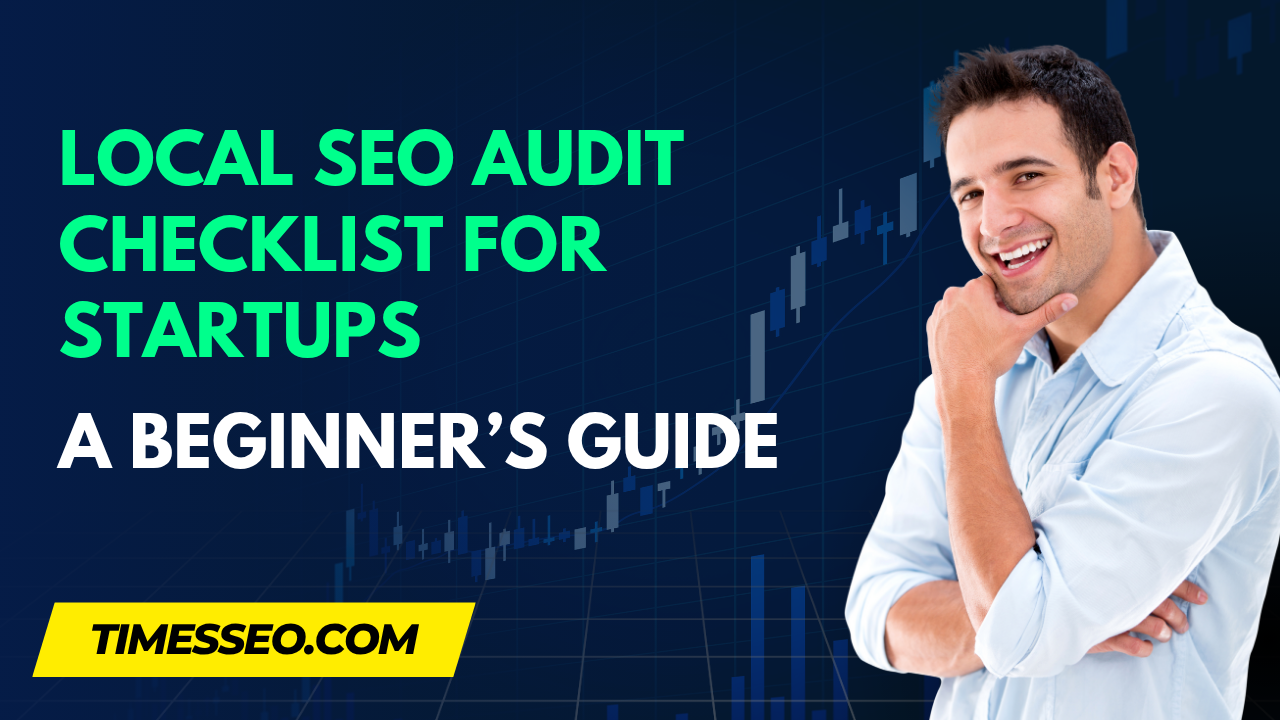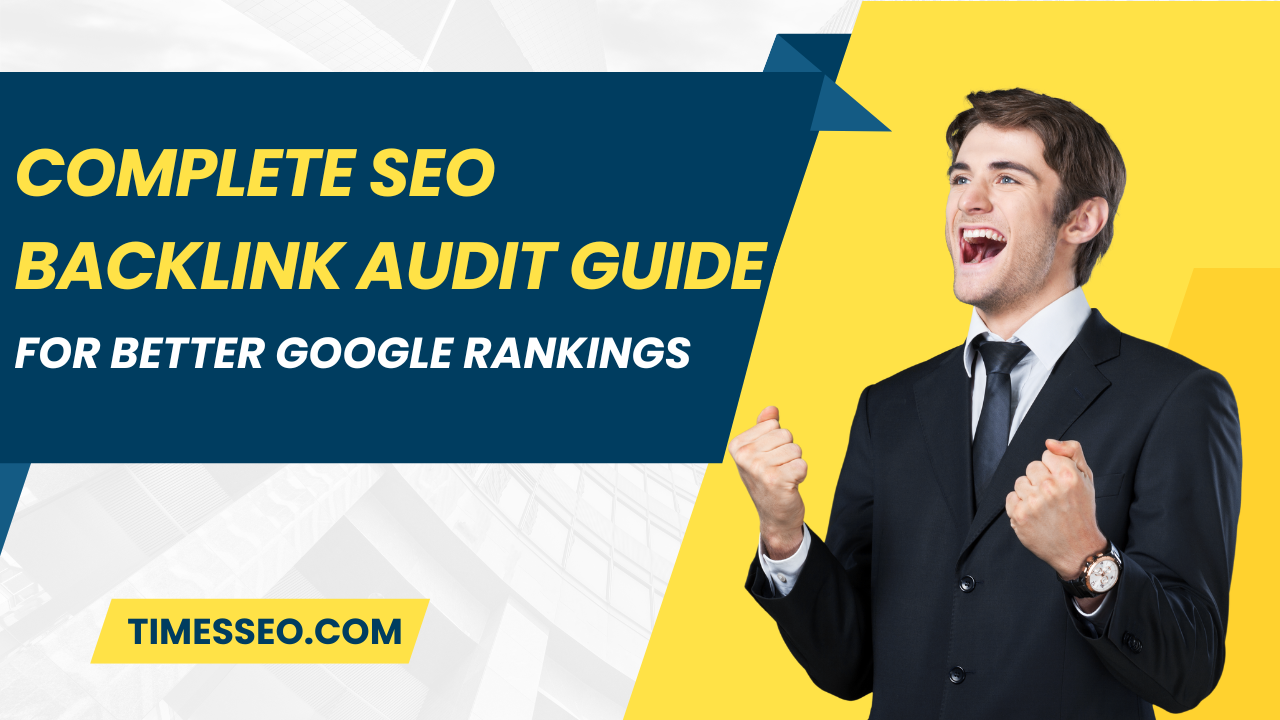
How to Build a Scalable SEO Strategy for Businesses
Use a scalable SEO approach to help firms achieve long-term growth. This blog post explores practical steps to create an SEO framework that adapts as your business grows. From keyword research and content planning to automation tools and technical SEO, learn how to build a powerful, efficient system that drives consistent organic traffic and boosts your online presence. Perfect for startups, enterprises, and marketers aiming to future-proof their digital strategy.
Table of Contents
Introduction
Why SEO Matters for Business Growth
Have you ever wondered why some companies dominate search results while others remain buried on page two or lower? The secret sauce often lies in having a scalable SEO strategy. Whether you’re a startup or an enterprise, search engine visibility is a game-changer. SEO drives organic traffic, builds brand authority, and brings in customers 24/7 — without paying per click.
The Concept of Scalability in SEO
Scalability is about doing things more intelligently, not just more. A scalable SEO strategy grows with your business, letting you increase output without doubling the effort. That means more keywords targeted, more pages optimized, and more ROI — all while keeping operations efficient.
Foundation of a Scalable SEO Strategy
Understanding Your Business Goals
Before diving into tactics, align SEO with your actual business goals. Are you trying to increase e-commerce sales, lead generation, or brand awareness? Your goals shape your entire SEO framework.
Conducting a Comprehensive SEO Audit
A deep-dive SEO audit gives you a blueprint of what’s working and what needs fixing. It covers:
- Site structure
- Technical issues
- Content quality
- Backlink profile
- On-page optimization
This audit becomes your SEO baseline.
Defining Key Performance Indicators (KPIs)
Trackable SEO metrics = measurable growth. Your KPIs may include:
- Organic traffic
- Keyword rankings
- Bounce rate
- Page speed
- Conversion rates
Keyword Research at Scale
Targeting Long-Tail Keywords
Long-tail keywords may not have huge volumes, but they’re gold mines for conversions. They better reflect user intent and are simpler to rank for.
Using Keyword Clustering
Group related keywords together to cover entire topics comprehensively. This enhances your authority and increases ranking opportunities.
Tools to Automate Keyword Discovery
- Ahrefs
- SEMrush
- Google Keyword Planner
- Keyword Insights
- LowFruits
These tools help you scale research without burning out.
Technical SEO Infrastructure
Mobile-First Design & Core Web Vitals
Google prioritizes mobile-friendly websites. Make sure your design is responsive, pages load fast, and you hit the Core Web Vitals benchmarks (LCP, FID, CLS).
Optimizing Crawl Budget and Site Architecture
A cluttered site confuses both users and bots. Use a flat site structure, clean URLs, and prioritize pages that matter. Avoid orphan pages like the plague.
Implementing Schema Markup and Structured Data
Rich results can skyrocket your click-through rate. Schema makes your information easier for search engines to understand. Automate this where possible.
Scalable Content Strategy
Content Planning With Topic Clusters
Build authority around broad themes using pillar pages and related subtopics. This keeps users on your site longer and boosts SEO.
Using AI and Content Brief Tools
Tools like SurferSEO, Frase, and MarketMuse help create high-quality briefs. Pair that with AI tools (like ChatGPT or Jasper) for draft ideation.
Outsourcing Content Creation Effectively
Utilize resources such as WriterAccess, ContentFly, or establish a network of independent contractors. Set clear guidelines and review processes to maintain quality.
On-Page Optimization at Scale
Automated Meta Tags & Internal Linking
Use scripts, CMS tools, or plugins to create internal links and meta tags on thousands of pages.
Programmatic SEO for Large Sites
Have thousands of location pages or product listings? Automate their creation and optimization using templates and dynamic data insertion.
Scalable Link Building Tactics
Building Repeatable Outreach Systems
Use email outreach tools like BuzzStream or Pitchbox. Create templates that are personalized but scalable.
Leveraging Digital PR and HARO
High-authority backlinks through PR and Help A Reporter Out (HARO) can provide compounding SEO returns.
Creating Link-Worthy Assets
Infographics, research reports, and tools like calculators or checklists naturally attract backlinks — on autopilot.
Local SEO Scalability
Managing Multi-Location SEO
Each location needs its own page, schema, GMB listing, and NAP citations. For automation, use programs like BrightLocal or Yext.
Automating GMB Listings and Citations
Bulk update GMB data and build citations using Moz Local, Whitespark, or Synup.
Leveraging Automation and SEO Tools
Must-Have Tools for Scaling SEO
- Screaming Frog (technical audits)
- Ahrefs/SEMrush (backlinks + keywords)
- SurferSEO (content optimization)
- Google Data Studio (dashboards)
Using APIs and Scripts for Automation
Connect APIs from Google Search Console, Ahrefs, or your CMS to automate reports and updates. Python scripts can track changes in rankings or update meta tags in bulk.
Scaling International SEO
Hreflang Tags and Localization
Make sure users in Spain see your Spanish content. Hreflang tags help with that. Translate, don’t just copy — context matters!
Country-Specific Keyword Strategy
In the US, “soccer cleats” are what “football boots” are in the UK. Investigate local keywords to reach audiences in your area.
Data-Driven Decisions with SEO Analytics
Setting Up Scalable Dashboards
Tools like Looker Studio or Databox let you visualize SEO performance across hundreds of pages or campaigns.
Using Google Search Console and GA4 at Scale
Segment by page group, device, location, or query to find high-impact opportunities or weak links.
Team and Workflow Optimization
Building an SEO Team or Outsourcing
Hire in-house for strategy and outsource execution — or vice versa. What matters is clear roles and accountability.
Standardizing SOPs and Workflows
Keep a record of every stage of your SEO process, from technical QA to content briefing. Tools like Notion or Trello can keep your workflows clean and replicable.
Avoiding Common Mistakes in Scaling SEO
Technical Debt from Poor Site Structure
Scaling fast without planning = disaster. Always think long-term when designing your site hierarchy.
Duplicate Content Issues
Avoid mass-producing near-identical pages. Use canonical tags, content variation, or consolidate.
Case Study: A Business That Scaled SEO Successfully
XYZTech, a SaaS company, grew organic traffic from 5K to 200K/month in 12 months by:
- Creating 300+ topic cluster blog posts
- Automating internal linking
- Launching linkable assets monthly
- Using SurferSEO and Ahrefs for content strategy
Conclusion
Scaling SEO isn’t a sprint — it’s a long-term, strategic process that requires patience and planning. By laying a solid foundation, leveraging tools and automation, and focusing on smart, data-driven decisions, your business can turn SEO into a growth engine that scales with you. Don’t try to do everything manually — the secret lies in systems, structure, and scalability.
Frequently Asked Questions
A scalable SEO strategy is a flexible framework that can grow with your business without a linear increase in effort or cost. It uses automation, systems, and data to drive sustainable growth.
Typically 3–6 months for initial traction and 12+ months for exponential growth, depending on your domain authority, competition, and strategy execution.
Tools like Ahrefs, SurferSEO, Screaming Frog, Google Search Console, and Looker Studio are critical for automation, analysis, and optimization.
Absolutely, when done right. Automation reduces repetitive tasks, improves efficiency, and allows you to focus on strategic decisions.
Yes! Start small, automate early, and focus on high-impact opportunities. Even local businesses can scale SEO with the right approach.
Table of Contents
Popular Posts
-
 Affordable Technical SEO Audit for Small Business: A Complete Guide26 Jun 2025 Blog
Affordable Technical SEO Audit for Small Business: A Complete Guide26 Jun 2025 Blog -
 How to Get an Affordable Technical SEO Audit for Small Business27 Jun 2025 Blog
How to Get an Affordable Technical SEO Audit for Small Business27 Jun 2025 Blog -
 The Ultimate Local SEO Audit Checklist for Startups28 Jun 2025 Blog
The Ultimate Local SEO Audit Checklist for Startups28 Jun 2025 Blog -
 Local SEO Audit Checklist for Startups: A Beginner’s Guide28 Jun 2025 Blog
Local SEO Audit Checklist for Startups: A Beginner’s Guide28 Jun 2025 Blog -
 Top On-Page SEO Audit Steps for Service Websites Every Business Should Know29 Jun 2025 Blog
Top On-Page SEO Audit Steps for Service Websites Every Business Should Know29 Jun 2025 Blog -
 The Impact of On-Page SEO Audit Steps for Service Websites on UX01 Jul 2025 Blog
The Impact of On-Page SEO Audit Steps for Service Websites on UX01 Jul 2025 Blog -
 Technical SEO for WordPress: The Ultimate Beginner’s Guide01 Jul 2025 Blog
Technical SEO for WordPress: The Ultimate Beginner’s Guide01 Jul 2025 Blog -
 Technical Mobile SEO Audit Tips for Developers02 Jul 2025 Blog
Technical Mobile SEO Audit Tips for Developers02 Jul 2025 Blog -
 Boost Your Rankings with Technical SEO for WordPress01 Jul 2025 Blog
Boost Your Rankings with Technical SEO for WordPress01 Jul 2025 Blog -
 Complete SEO Backlink Audit Guide for Better Google Rankings03 Jul 2025 Blog
Complete SEO Backlink Audit Guide for Better Google Rankings03 Jul 2025 Blog






